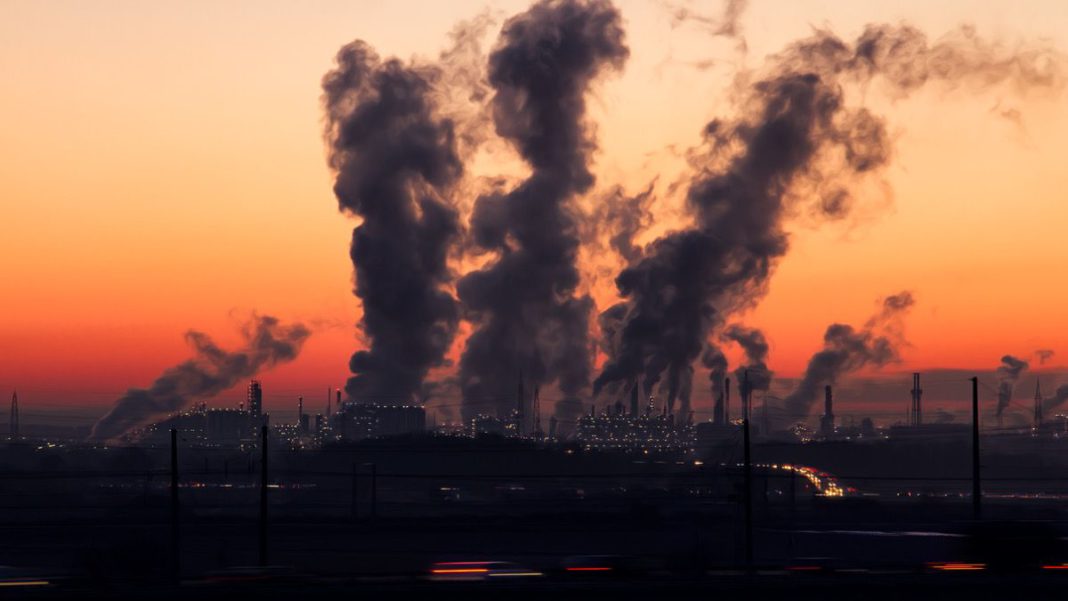INDIA: Ascending air pollution can reduce life expectancy by over five years per individual in South Asia, one of the world’s most polluted regions, as per a report released on Tuesday, which underscores the rising burden of hazardous air quality on health.
Air pollution’s impact on South Asia’s life expectancy
The University of Chicago’s Energy Policy Institute (EPIC) revealed in its recent Air Quality Life Index that the area, which encompasses the world’s most polluted nations, such as Bangladesh, India, Nepal, and Pakistan, is responsible for over 50% of the worldwide loss of life due to pollution.
The deterioration of air quality in South Asia, caused by rapid industrialisation and population growth, has led to particulate pollution levels that are over 50% higher than those recorded at the beginning of the century. This issue now surpasses the risks posed by other significant health hazards.
A study utilising satellite data has shown that individuals in Bangladesh, the country with the highest pollution levels, could experience an average reduction in life expectancy of 6.8 years per person. In contrast, the impact in the United States is estimated to be 3.6 months due to an increase in airborne fine particles.
The report indicates that since 2013, India has contributed to approximately 59% of the global rise in pollution, leading to heightened concerns about life-threatening air quality in some highly polluted regions of the country. In densely populated New Delhi, recognised as the world’s most polluted mega-city, the average life expectancy has been reduced by over 10 years due to these hazardous conditions.
Lowering worldwide concentrations of lung-harming fine particulate matter, referred to as PM 2.5, to the levels advised by the World Health Organisation (WHO) has the potential to enhance the average lifespan by 2.3 years, equivalent to a total of 17.8 billion years of life, as outlined in the report.
As per the report, Pakistani residents would live 3.9 years longer on average if the WHO recommendation to limit the average annual PM2.5 concentration to 5 micrograms per cubic metre were followed, while Nepalese citizens would live 4.6 years longer.
China, on the other hand, sought to cut pollution by 42.3% between 2013 and 2021, according to the research, which highlighted the need for countries to produce accessible air quality data to help close global gaps in access to pollution-fighting measures.
Also Read: South Asia is the Hub of Highest Child Marriage in World: UN Study



